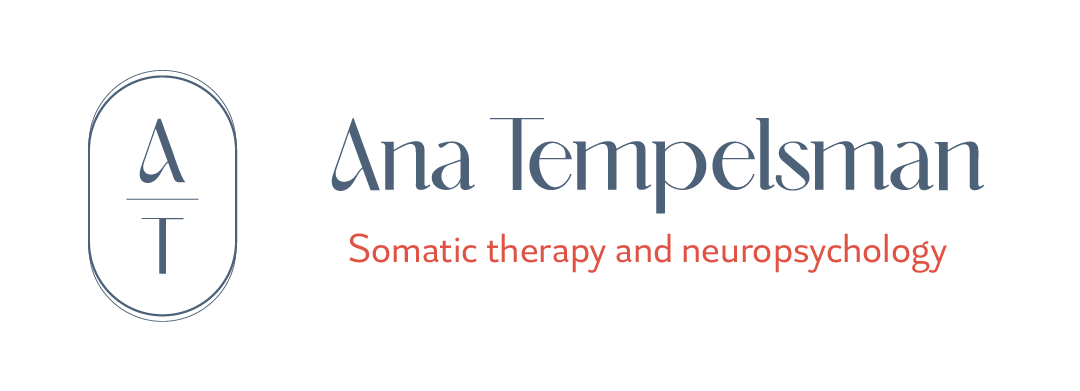PSYCHOLOGY
JAN, 2024
Children in the Middle
![]() ANA TEMPELSMAN
ANA TEMPELSMAN
Children in the Middle
By Ana Tempelsman and Silvia Salinas.
Divorce with children is an increasingly common situation. The disruption of the family creates inevitable pain for everyone involved. However, not all divorces are the same. Before, during, and after a separation, parents can make decisions and take actions that determine the environment, the level of stress, and the risk of emotional problems in their children. If parents manage to avoid cultivating hatred, find a way to handle the relationship with their ex-partner, and continue being protective, loving, and responsible parents, the children will suffer considerably less. The goal of this article is to convey that while pain is inevitable, additional suffering can be prevented.
Interparental Conflict
The Fear of Living Between Two Warring Parents
One Parent’s Hatred Towards the Other
Learning to Overcome a Crisis
Moving Beyond the Idea of Justice
Taking Responsibility for the Situation
The Bond Between Children and the Ex-Partner
Letting Go of Anger
Stopping the Blame and Starting to Repair
The core message we want to convey is an awareness that fighting causes harm. It is difficult for parents not to be together; let’s try not to make it worse. Divorced parents cannot avoid the pain of divorce, but they can prevent additional suffering by working on their pride, their sense of justice, and stopping the anger and fighting.
When we realize we’ve made mistakes, the most important thing is not to blame ourselves. Instead, observe what we did, become aware to improve and repair, and forgive ourselves. If we are angry, not to make an apology for the reasons we have to be angry, but to be aware that we need to get out of that state for everyone’s sake.
As mother and daughter who have gone through this situation, we know what we are asking is difficult. We do not want to place tremendous demands on the readers, nor do we want them to feel guilty, but to observe the harm they may be causing and try to change. To strive to improve for their own sake and for their children’s well-being.
